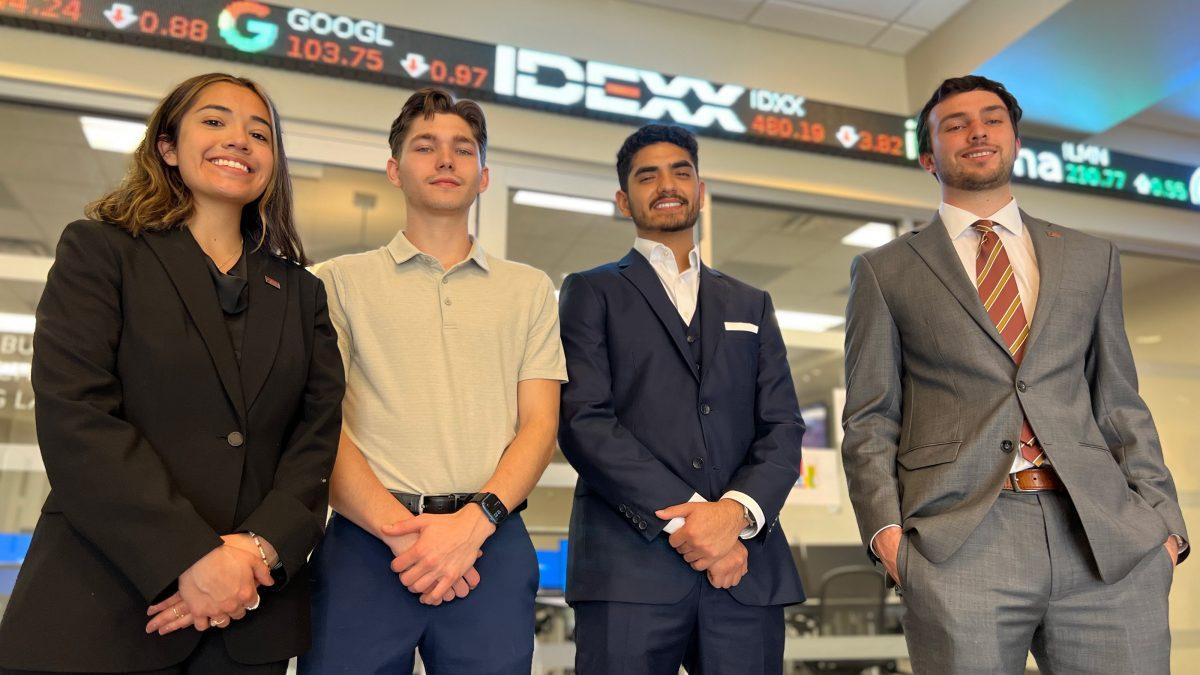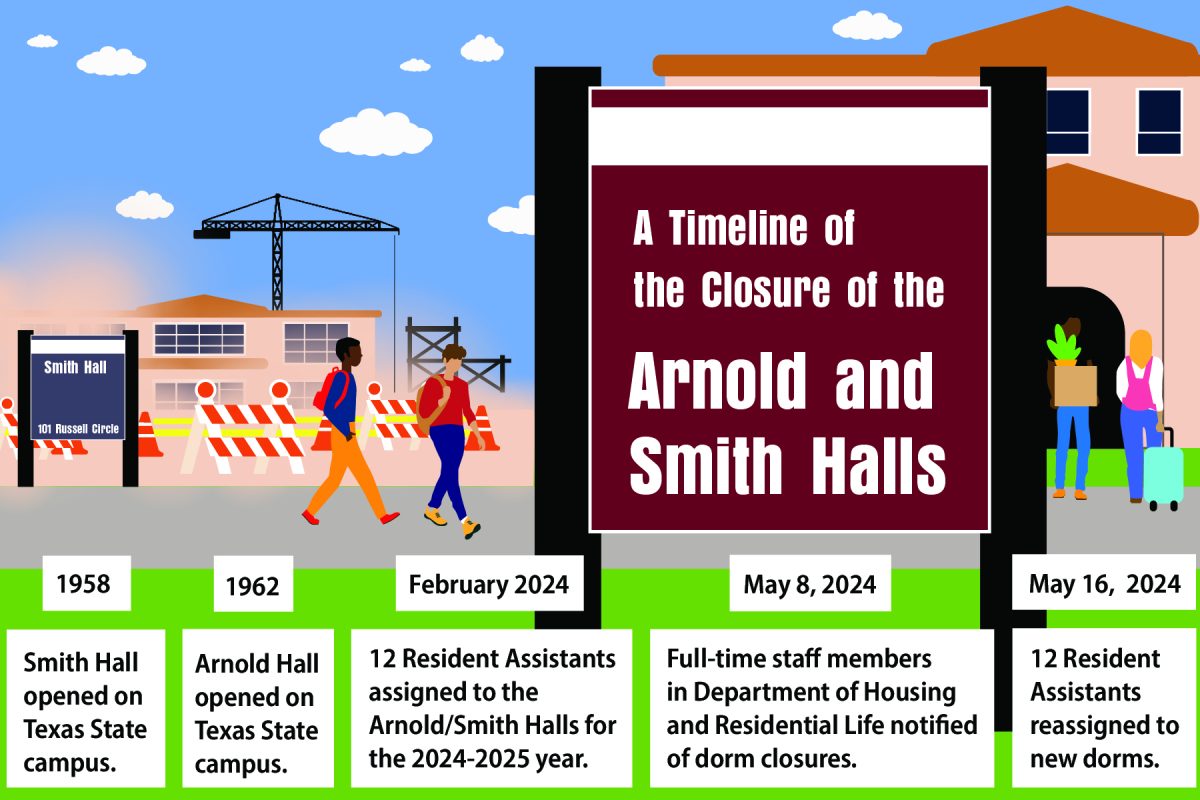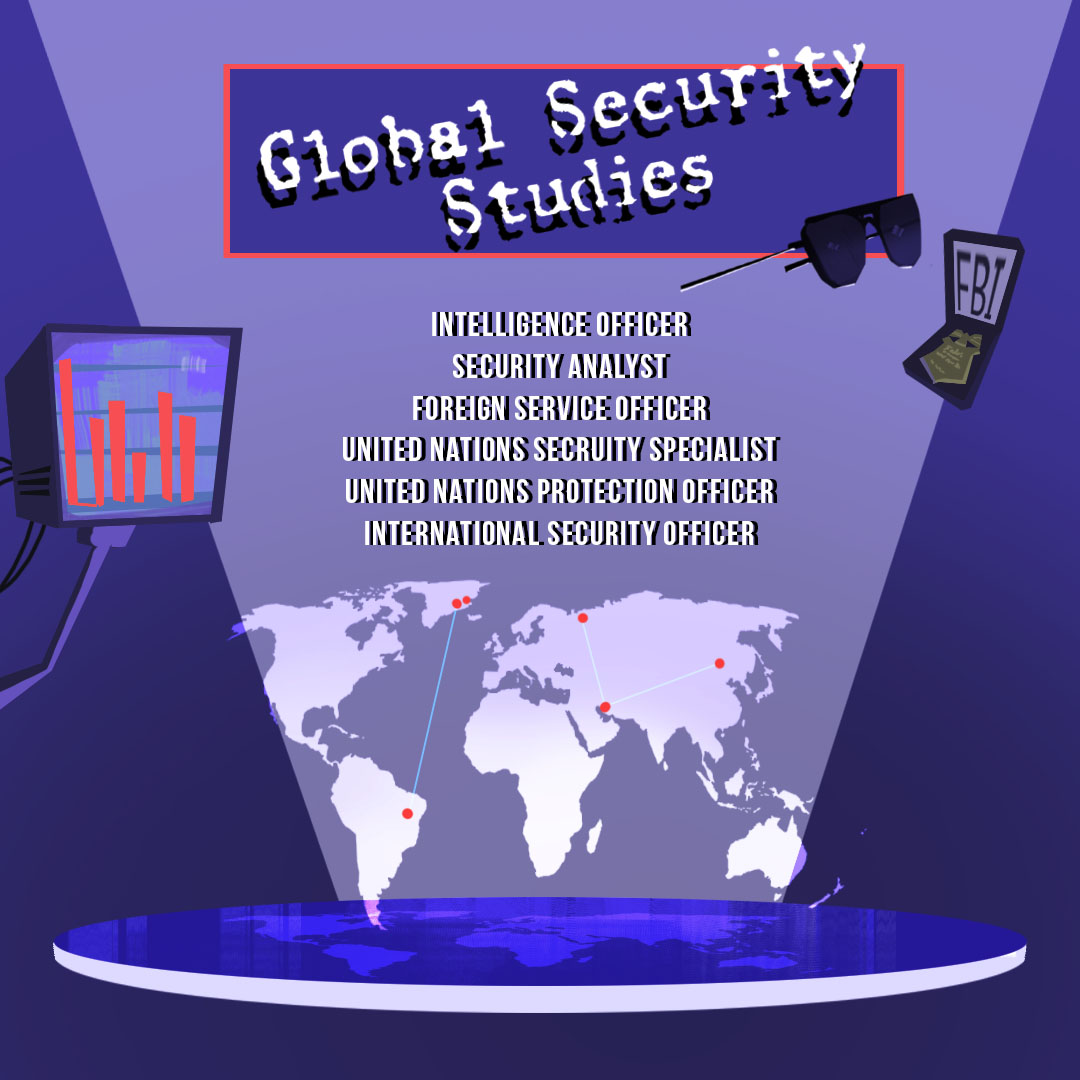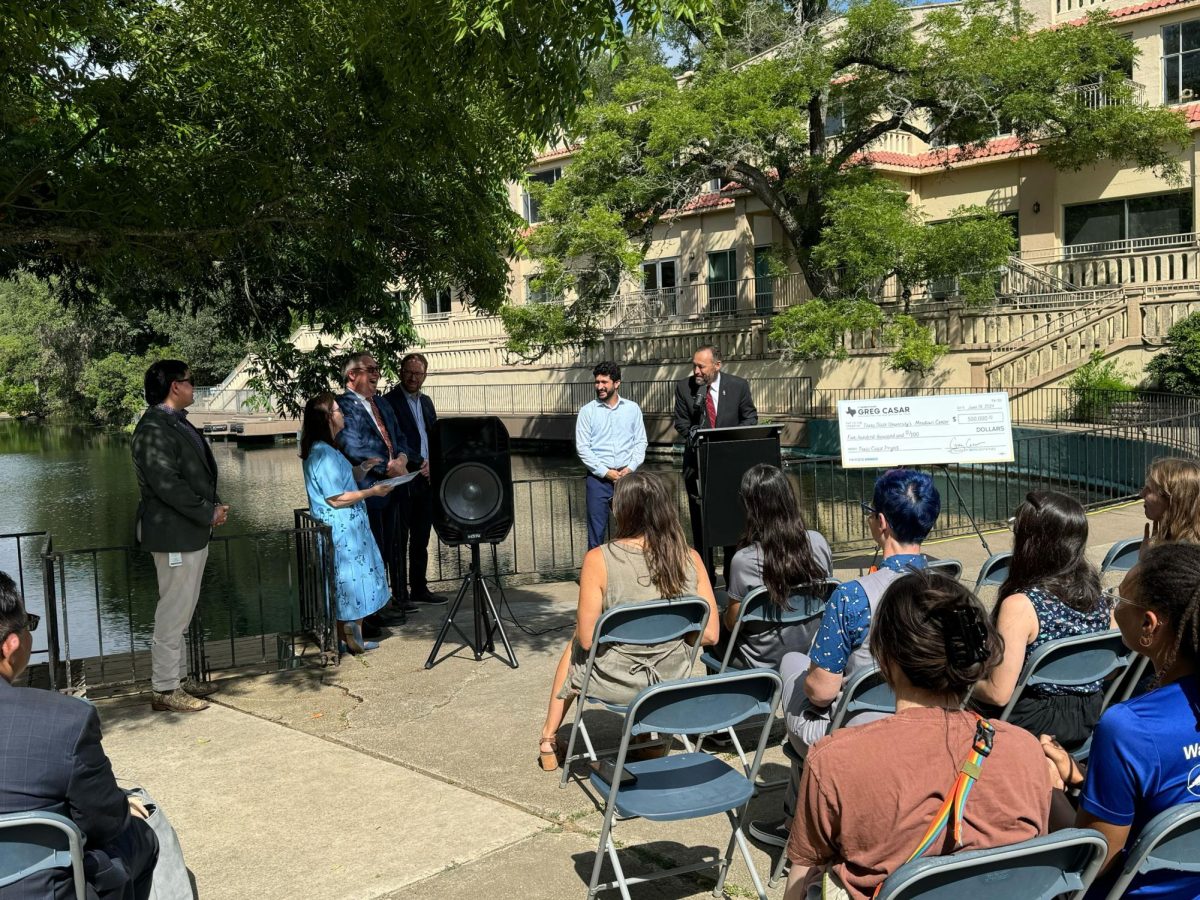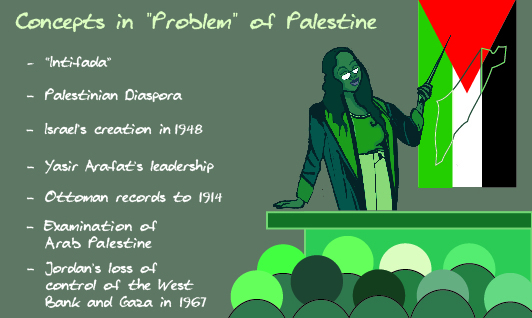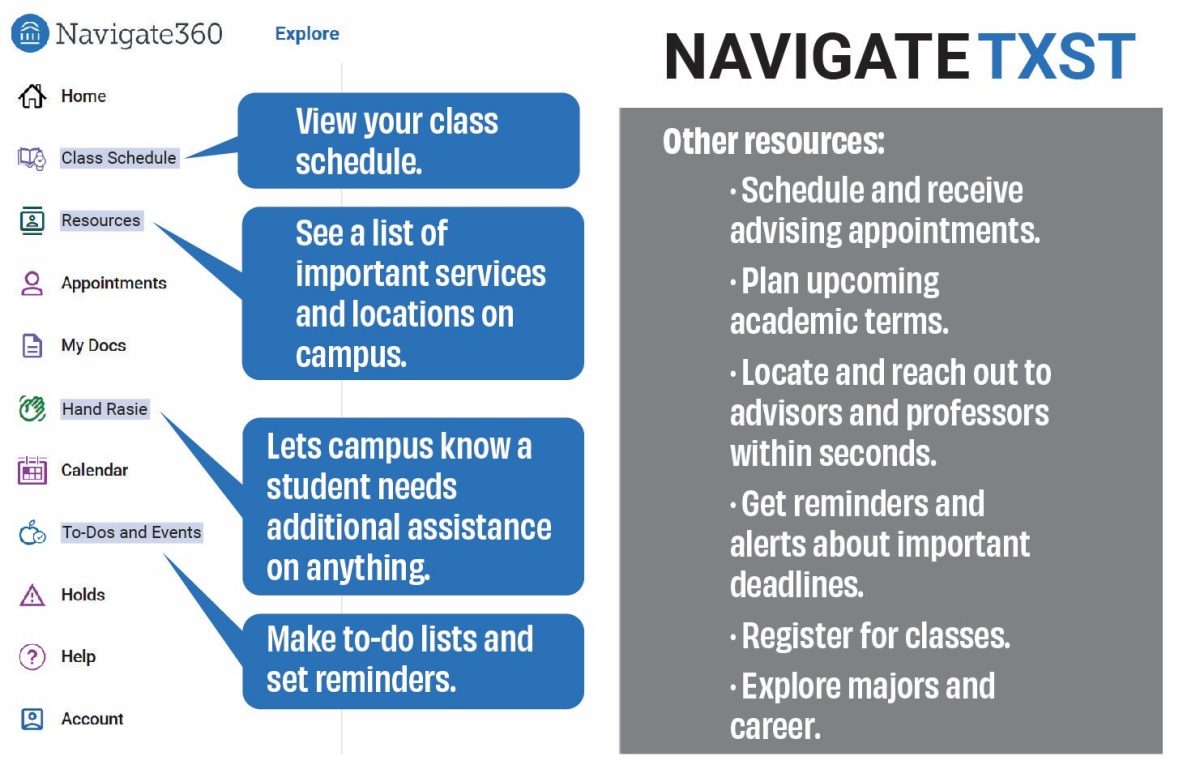Texas State’s undergraduate team of buisness students competed in the regional semifinals for the Americas at The Chartered Financial Analyst (CFA) Institute Research Challenge, making it the furthest a Texas State team has ever advanced.
Prior to competing the team had won the Central and Southwest U.S. Sub-Regional Championship.
The team consisted of four students who are part of the Student Management Investment Fund (SMIF). Seniors Michael Hardy, Jesusa Zuniga, Brian Dorough-Paniagua and finance graduate student Aaron Aguirre were introduced to the challenge by faculty advisor Janet Payne.
“All the SMIF students that were supporting us throughout this, they’ve let us know how inspiring it is to see us go this far,” Hardy said. “That lit a fire under them to try to either pursue the CFA challenge themselves or just work harder in school and stuff. So, it’s really rewarding and it’s gratifying.”
The competition is based on their initial report’s findings, a 10-minute presentation and a 10-minute question-and-answer session regarding their research and financial recommendation to the company assigned by the CFA to compete with, Energy Recovery Incorporated.
“From December to February that two-month period is where we did the bulk of our research,” Dorough-Paniagua said. “From February to like March was where we refined our presentation. There’s four of us so cumulatively we probably put close to 1,000 hours.”
According to Dorough-Paniagua, they had a different type of company to understand in the regional semifinals compared to their competitors. Hardy said this created some challenges during their research.
“They’re a small cap company, and their business is in emerging markets that are new. There’s a lot of information that we couldn’t get on the company. So it took a lot of digging and research,” Hardy said. “Some schools were doing well-known companies like Chipotle and AMD. I feel like that just the fact that we had a small cap company was a challenge.”
The competition became more challenging when the team reached the semifinals, as they were competing among the best in the region.
“Everybody’s really good at that point, so it’s kind of subjective to the judges,” Dorough-Paniagua said. “There’s really not anybody making mistakes. Everybody’s going against the best, so it’s subjective to what the judges understand the best.”
For Payne, the faculty advisor, a large part of the success of this team came from their devotion and presentation updates after each round of competition.
“This team stuck with it,” Payne said. “They were devoted 100% to the process all the way till the end. It’s exhausting once you get the report turned in. You’re already tired … it’s a matter of not dropping the ball and knowing you must stay on your game. They didn’t fail to win because they dropped the ball. They just got beat… it could’ve gone either way, and it was not from a lack of trying.”
At the regional semifinals, the team competed against groups from across North and South America, and although they did not advance, for Aguirre, a graduate student, it was rewarding to share the global stage with those other teams.
“Some of those teams have won the global competition. These are well-established teams in this competition that has a history of doing well,” Aguirre said. “We were able to stand on the same stage as them, and for the first time they got to see the Texas State name, and I think that was really rewarding.”
Aguirre said this team has laid the foundation and that other teams can compete and go even further.
“Given that we’ve made it on a global scale it’s doable,” Aguirre said. “I think myself and the team even after graduation will be willing to help on that. You know, we want to put Texas State up on the map.”
Undergraduate research team advances furthest in competition in university history
April 20, 2023
The team competes remotely for the last round, Wednesday, April 5, 2023 at the Bulmahn Trading Lab in McCoy Hall.
Donate to The University Star
Your donation will support the student journalists of Texas State University. Your contribution will allow us to purchase equipment and cover our annual website hosting costs.











